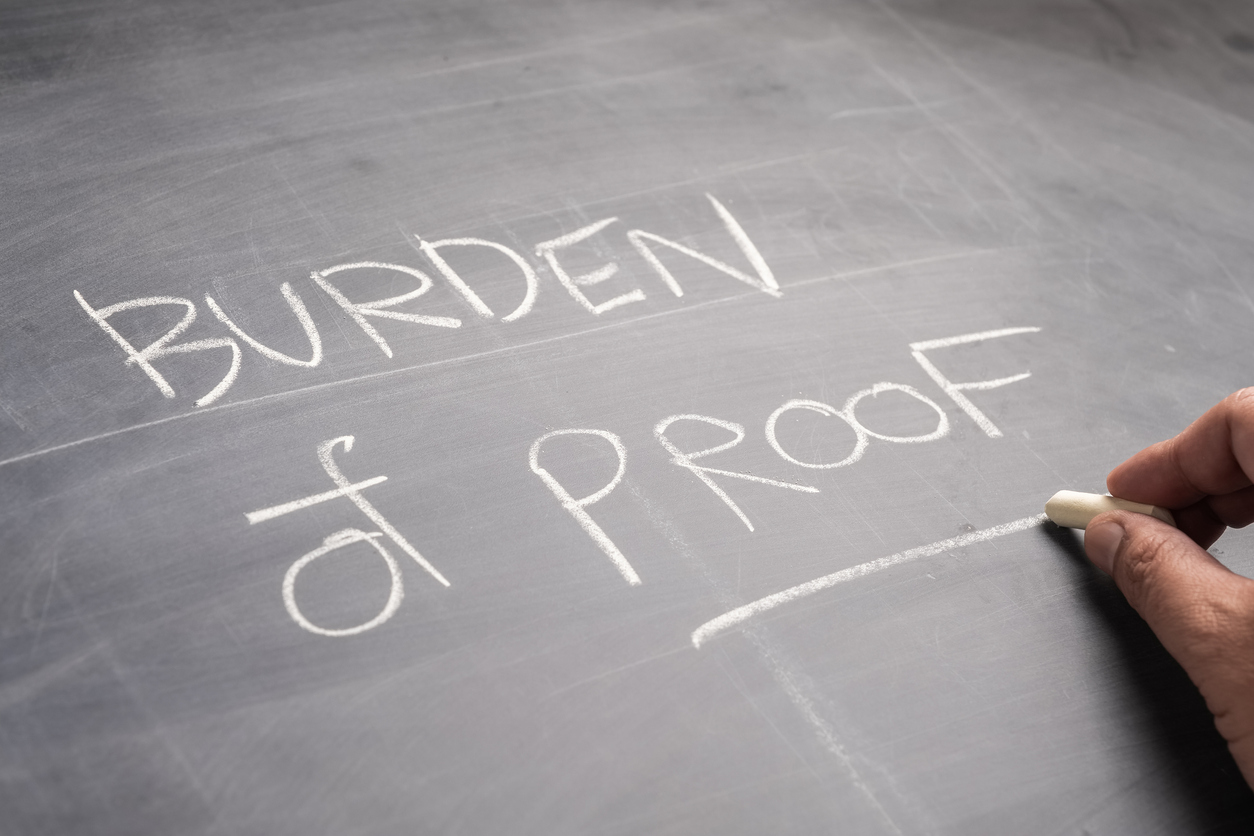The conditions section of most policies includes a repair option, which usually reads along these lines:
If we give you written notice within thirty (30) days after we receive your signed, sworn proof of loss, we may repair or replace any part of the damaged property with like property. NOTE: If the damaged property is insured on a replacement cost basis we will pay the amount of loss, as outlined in our loss settlement provision.
“Where the insurer exercises its option to repair or replace the insured property, the insured is bound by the exercise of the option in the absence of some circumstances which would bar the exercise of the option. . . . That is, once the insurer has properly made its election to repair, the insured cannot by his or her unilateral act impair or affect the insurer’s right to proceed in accordance with its election.”1 So, what is a proper election, and what does an insured need to watch out for with respect to impairing an insurer’s repair option?
A proper election is “some unequivocal act [by the insurer] giving clear, positive, distinct, and unambiguous notice of the election, and notice of an intention to repair is insufficient if it does not clearly and distinctly indicate the choice made by the insurer.”2 A proper election is also one that is timely made (under most policies, thirty days from when the insured submits a proof of loss) and one that does not conflict with ordinances or laws militating against repair; e.g., greater than 25% roof damage ordinance or valued policy law.3,4
As for not impairing an insurer’s repair option, well, I caution you as I did in my last two posts (click here). The judges who might decide that mitigation efforts stymie an insurer’s investigation or subrogation rights are the same judges who might decide that mitigation efforts stymie an insurer’s repair option rights. Just to give you a feel for what I am talking about, click here for an old school Illinois decision that broached the subject.5 The insured’s saving grace in Howard was that the insurer did not clearly and unequivocally give notice of its repair election. Had the insured in Howard begun mitigation efforts after the insurer clearly and unequivocally exercised its repair option, it is likely the Howard court would have decided oppositely. So, in this regard, the recommendations are the same as they have been the past couple of weeks (i.e., contemporaneously report your claim and notify the insurer of your mitigation plan, and fully document your mitigation conversations and efforts).
What if an insurer properly exercises the policy repair option? You let the insurer do its thing, but bearing in mind that the insurer’s exercising of the policy repair option forms a new repair contract with the insured, and the insurer is responsible under this new contract for, among other things, the quality, completeness, and timeliness of repairs.6 If an insurer insists on repairs being performed by its preferred vender(s), ask the insurer to point out the policy language which gives the insurer that right. If an insurer starts repairs via its preferred vender(s) (either because you voluntarily relented or because the policy actually contains language that required you to relent), I recommend thoroughly photographing and videotaping such repairs and having your own professionals (e.g., contractors and engineers) oversee such repairs.
To read previous posts in my series on insurance policy conditions, click here.
1 12 Couch On Insurance § 176:24 (West, Dec. 2012).
2 12 Couch On Insurance § 176:18 (West, Dec. 2012).
3 See my post from September 21, 2012: Does An “Our Option” Provision Trump A “Mediation or Appraisal” Provision?
4 See, e.g., 44A Am. Jur. 2d Insurance § 1745 (West, Nov. 2012) (“A provision in a fire or property insurance policy giving the insurer the right, in the event of a loss, to repair, replace, or rebuild, the damaged property is repugnant to a statute providing that in a case of a total loss the whole amount for which the property was insured shall be paid and is void” (internal citation omitted)).
5 Howard v. Reserve Ins. Co., 117 Ill. App. 2d 390, 254 N.E. 2d 631 (1969).
6 See, e.g., 7A Am. Jur. 2d Automobile Insurance § 424 (West, Nov. 2012). See also, e.g., Drew v. Mobile USA Ins. Co., 920 So. 2d 832 (Fla. 4th DCA 2006).



